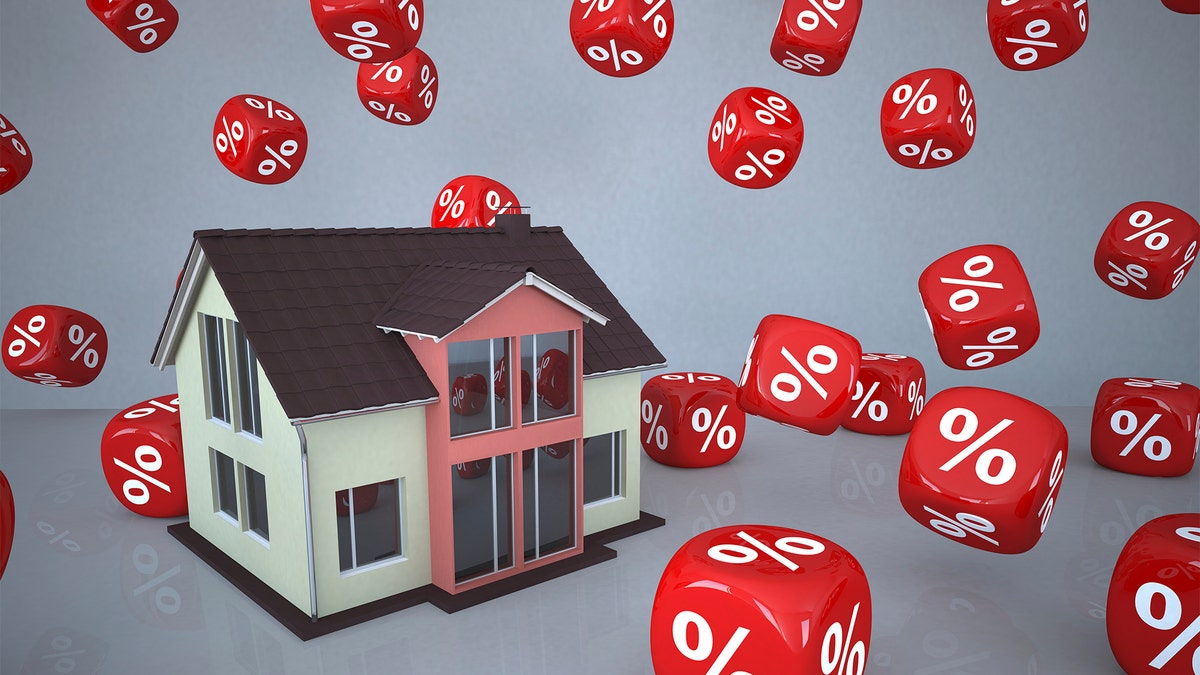
ARM (Westend61 / Style-Photography)
Adjustable-rate mortgages, aka ARMs, are the bad boys of home financing. And most financial advisers will warn you to steer clear. Sure, your payments will be sweet and low for the initial three-, five-, or seven-year period, but once rates adjust, payments could double or even triple.
If your plan is to refinance before your payments balloon, it can cost you thousands of dollars, diminishing the savings you'd get from the initial period of low payments. Recent history (hello, housing industry collapse!) might suggest that the risk is just too much.
And yet: For shrewd home buyers in specific circumstances, a strong case can be made for the ARM. Read on to hear when it might be right for you -- and the significant financial benefits you could gain as a result.
It's your first home -- and you may move soon
Hey, they call them "starter homes" for a reason: They're where homeowners start off. And new buyers mostly likely won't stick around in this home as long as they will in their second, third, or "forever" homes. In such circumstances, an ARM can be a brilliant strategy.
If you're not entirely sure where you'll be in five years -- and there's a better than even chance that you will move during that time -- then the rate adjustment won't even hit you before you're off living somewhere else.
This assumes, of course, that you'd rather buy than rent. But if the house is comfortably in your budget and you're in a buying mode, an ARM allows you to pay less for the privilege of living in your house while you're there. In the event that you decide to stay, you would want to lock in a low rate before the mortgage adjusts. Timing is everything.
You're wealthy and need a tax break
We should all have such problems, right?
"People who are well-heeled and don't really need a mortgage can do well with an ARM, because they still get a tax write-off," says Joseph Rinaldi, president and chief investment officer for Quantum Financial Advisors. "That's particularly helpful if you don't have any dependents. And financing is so cheap. After taxes, it's almost free."
This explains why billionaire Mark Zuckerberg refinanced his $6 million Palo Alto home with an ARM. The co-founder of Facebook, worth an estimated $35.7 billion, could buy his house with petty cash. He didn't, though. Considering that the interest on a mortgage is tax-deductible, an ARM provides a decent tax break for a guy who owes the IRS more than a few thousand dollars every year. In fact, for high-income homeowners, it could be their most significant tax break.
So if your goal is to lower your tax bill, an interest-only ARM will maximize that benefit. In an interest-only mortgage, your payments are applied only to the interest for a specified period of time, not the principal, so essentially all of your mortgage payments are tax-deductible.
You can't afford a home otherwise
First-time home buyers don't have a lot of great financing options. Because their credit histories are short or insubstantial, banks see them as a greater risk and charge accordingly. In most cases, an ARM is the cheapest mortgage available to first-time buyers; not only are monthly payments usually lower (much lower) than on a fixed-rate mortgage, but closing costs often are, too. It's particularly cheap for buyers who secure FHA loans, some of which require only 3% down payments.
"It's one way for a first-time home buyer to get in a home. They can buy a bit more with an ARM," says Rinaldi. "I'm not excited about some of the programs that offer financing with as little as 3% down -- we're back to the ills that plagued us before 2008 -- but a first-time home buyer who wants lower payments could benefit from it."
The trick is to stay on top of the mortgage and interest rates. One reason why an ARM is inexpensive is because the buyer absorbs more risk than with a fixed-rate mortgage. If the risk is managed well, you'll be in and out before the monthly payments balloon. And if rates fall, as they did over the past decade, home owners can sit tight and enjoy their low monthly payments, and pat themselves on the back for a gamble that's paid off.